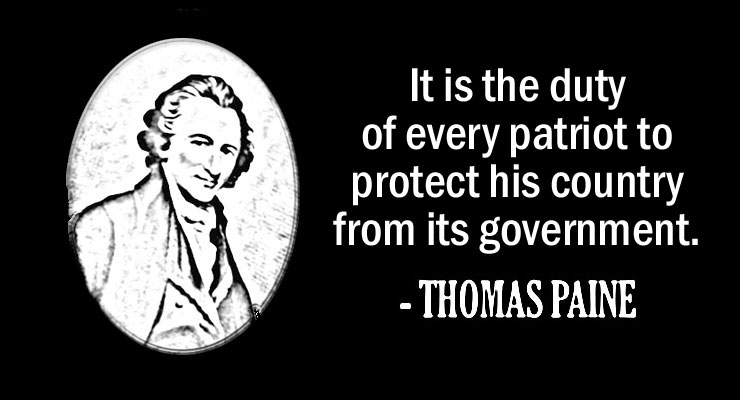
The value of a political meritocratic system depends on who decides what constitutes merit.
Suppose the meritocracy were imposed by a political party. In that case, the system would reflect the biases of that party and since parties only represent a portion of the electorate, the rest of the people would be subject to those biases and have no voice in changing them.
The only way meritocracy will not harm society is if the people themselves decide who among them are meritorious. The massive size of the electorate seems to make it difficult for the people to effectively address issues critical to them. However, that will not be the case if we approach it in the same way we approach any large problem: break it into its parts.
Small groups of people can easily select someone among them to represent their group. Repeating that arrangement with the selected individuals in a pyramidal fashion will advance the best advocates of the public interest much more quickly than the campaign process we presently endure. More importantly, it has three significant upsides:
- Those who lack the desire or the ability will not advance;
- those who have the desire and the ability will be examined, repeatedly, by their peers, BEFORE they advance, and;
- those who advance will be chosen by their peers, not by corrupt political parties.
This approach works because it atomizes the electorate into thousands, or in larger communities, millions of very small groups. Each provides a slight bias toward the common interest. As the levels advance, the cumulative effect of this small bias overwhelms special interests seeking their private gain. It leads, inexorably, to the selection of representatives who advocate the will of the community.
When we adopt such a truly bottom-up, democratic system of representative government, it will be meritocratic naturally because the people will decide which of their peers have the merit to serve as their representatives in government.
Leave a Reply